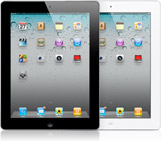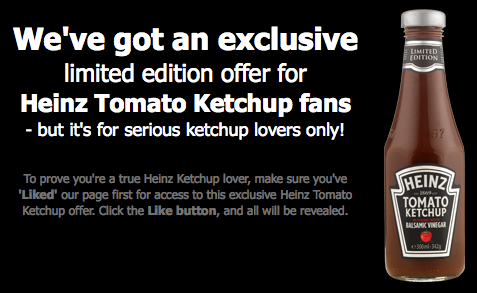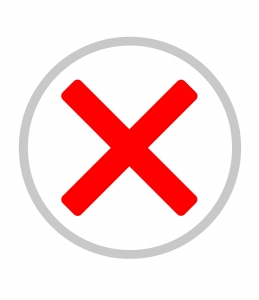 The current hot gadget is the iPad and other tablets are launching quickly to compete with the iPad. It makes sense that brands would want to revamp their websites so they work well on tablets, but brands like MTV and VH1 are leading a new redesign trend. Instead of simply moving website elements around so they look better on tablets, MTV and VH1 have completely redesigned their websites to take advantage of touch screens, smaller screens, and vibrant screens.
The current hot gadget is the iPad and other tablets are launching quickly to compete with the iPad. It makes sense that brands would want to revamp their websites so they work well on tablets, but brands like MTV and VH1 are leading a new redesign trend. Instead of simply moving website elements around so they look better on tablets, MTV and VH1 have completely redesigned their websites to take advantage of touch screens, smaller screens, and vibrant screens.
For example, the new MTV and VH1 tablet-optimized websites use less text than their traditional websites. While many brands are simply releasing apps for people to access their web content on smartphones and tablets, MTV and VH1 are betting that some people will want to use apps to access content and others will want to browse the Internet on those devices and consume content in a more traditional way.
The new MTV and VH1 tablet-optimized sites allow anyone with an iPad to view those sites through their tablet web browser function without opening a separate app. For casual visitors, this is a big benefit. While all functions on the full websites aren’t available on the iPad-optimized versions, there is a good variety and one can expect more features are coming.
Currently, the content on the iPad-optimized MTV and VH1 sites are heavy on video, as you might expect from both brands. In other words, the iPad-optimized sites are excellent representations of both brands. Already, Starbucks has signed on for a rich-media ad campaign.
While many companies are focusing on creating tablet apps to deliver their content on iPads and other tablet devices, MTV and VH1 are choosing to cover all their bases and offer great content to all types of visitors. As the tablet user base expands beyond tech-savvy early adopters, this sounds like a wise strategy.
What do you think? Should companies create branded tablet apps as well as tablet-optimized websites, or do you think apps are enough? Leave a comment and share your thoughts on this tablet trend.
Image: Apple.com
 Retail brand loyalty programs are created to accomplish a primary goal — to encourage repeat purchases that evolve into brand loyalty. Unfortunately, research from
Retail brand loyalty programs are created to accomplish a primary goal — to encourage repeat purchases that evolve into brand loyalty. Unfortunately, research from 
 A new door has opened for advertisers in Britain since a ban on product placement in television programming has been lifted. However, making it possible for companies to get brand exposure through in-programming television product placement doesn’t mean those companies will be able to start stuffing products into every program on air.
A new door has opened for advertisers in Britain since a ban on product placement in television programming has been lifted. However, making it possible for companies to get brand exposure through in-programming television product placement doesn’t mean those companies will be able to start stuffing products into every program on air. If you’re a U.K.-based company that publishes content online (or shares content published by other people), then you need to know the new regulations from the
If you’re a U.K.-based company that publishes content online (or shares content published by other people), then you need to know the new regulations from the